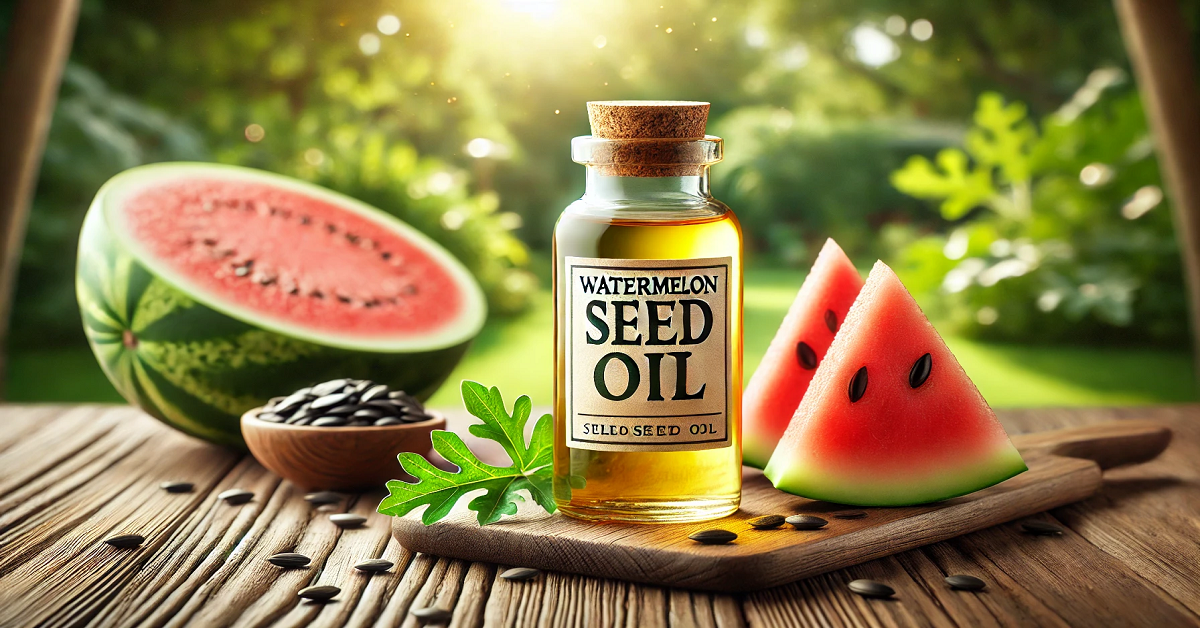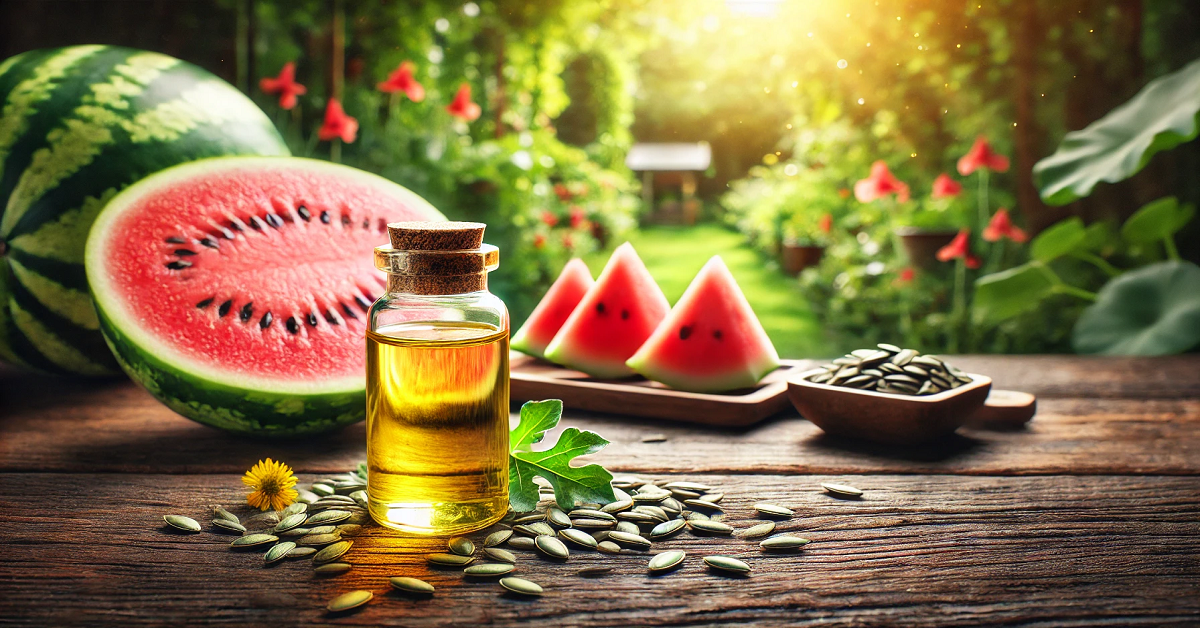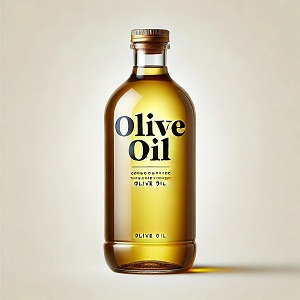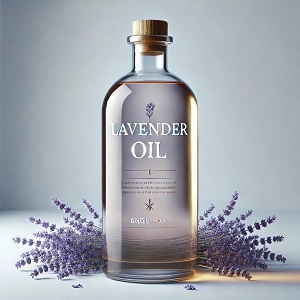
Watermelon Seed Oil: What is it
Even though watermelon seed oil is one of nature’s best-kept secrets and has been used by many cultures over the ages, it is a natural, nutrient-rich, multi-functional oil extracted from the tiny seeds of this succulent fruit.
Its lightweight texture and subtle nuttiness fragrance make it a prized component in beauty and culinary circles alike. The essence’s light formula instantly penetrates the skin, nourishing it without leaving a greasy residue, making it perfect for all skin types and requirements!
It is rich in essential fatty acids, minerals, and antioxidants and is well-known for its use in skincare, hair care, and nutritional supplements.
In addition to its physical characteristics, watermelon seed oil has a fascinating history. The seeds and the oil from African and Middle Eastern traditions were cold-pressed for skin and health benefits.
Over the last several years, it has experienced a renaissance as people reconnect with its incredible ability to moisturize skin, condition hair, and work in the kitchen.
This review will examine every angle of watermelon seed oil, pulling back the curtain on the associated benefits, uses, and price of this holistic wellness mainstay.
Table of Contents
- What is Watermelon Seed Oil
- Are watermelon seeds edible oil?
- From The Desk of Watermelon Seed Oil Journey
- Suitability for All Ages
- Benefits of Watermelon Seed Oil for Health
- Skin and Hair Benefits
- How to Apply Watermelon Seed Oil
- Good points About Watermelon Seed Oil
- Trusted Studies and Research
- Advantages and Disadvantages of Watermelon Seed Oil
- Advice for the Reader
- Frequently Asked Questions
- Quick Summary
Is watermelon seed oil edible?
Watermelon seed oil is edible and nutrient-rich, making it a gourmet kitchen item. The oil has an almost creamy, mild, nutty flavor, and its light, neutral taste makes it very versatile with virtually all dishes.
Rich in essential fatty acids like omega six and omega 9, watermelon seed oil is regarded as a healthy oil on salads, added to dressings, or used as a light cooking oil. It is also rich in minerals and vitamins, especially magnesium (for muscle and nerve function) and zinc (for your immune system and skin).
Watermelon seed oil is a beneficial nutritional substitute for traditional oils. It can be used in culinary applications without significantly affecting flavors.
Due to its stability, watermelon seed oil is used in cold dishes/vehicles and salad dressings rather than high-heat cooking. This allows the oil to lose only the unwelcome contaminants and allows one to enjoy the health benefits offered by its nutrients.
The Watermelon Seed Oil Journey
Our first experience with watermelon seed oil was curious, though we were unsure what to make of it. We appreciate its versatility and are particularly interested in its multi-purpose uses, from cooking to skincare. We instantly enjoyed the almost feathery lightness of the oil on our fingers, hinting at nourishment rather than grease, which we found genuinely alluring.
2nd paragraph: The first flavor was subtle. Furthermore, it naturally brought out the taste of all the raw ingredients without overwhelming them.
Some oils can leave a heavy aftertaste. However, the discreet addition of watermelon seed oil to the vegetables added freshness.
Watermelon Seed Oil: A Multi-Purpose Beauty And Health Product:
In hindsight, watermelon seed oil is a versatile health and beauty product. We noticed simple, even subtle results, but we observed a significant difference in our everyday routines, which felt refreshing and easy. It has become our go-to oil, and everyone should try it for a calming yet practical addition to their self-care rituals.
Suitability for All Ages
It is suitable for all ages, from infants to older people. The gentle formula is nonirritating and milder than Hypoallergenic, ideal for sensitive baby skin. The scent makes a great mild alternative that nourishes without the need for synthetic scents or solid chemicals for parents.
It is ideal for acne sufferers, teenagers, or adults with sensitive skin due to its non-comedogenic properties (it will not clog pores). Also, older people will find that the skin is more sensitive and can provide hydration without irritating.
Like any product, it has an excellent safety record, making it safe for the entire family before first use.
Watermelon Seed Oil Health Benefits

The watermelon seed oil is a true health treasure with many internal benefits resulting from its high nutrients:
A rich source of linoleic acid, it helps balance cholesterol levels and supports cardiovascular health. Omega-6 and omega-9 fatty acids improve the heart’s function, improve circulation, and reduce the risk of problems with the cardiovascular system.
Supports Digestive Function: Its composition of fatty acids supports the digestive system, especially gut motility and inflammation. Watermelon seed oil also soothes the digestive tract and helps create a balanced gut environment; Regular watermelon seed oil would be effective.
Strengthens Immune System: Watermelon seed oil is rich in antioxidants and minerals, such as zinc, which help boost overall immunity. This combination of nutrients reduces oxidative stress and strengthens the body’s defenses, making it an excellent option for supporting immunity.
Balances BP: Potassium is another naturally occurring mineral in watermelon seeds. It is critical in maintaining blood pressure levels and assists the body in regulating sodium with other minerals, lowering the risk of hypertension.
Boost Energy and Metabolism: Watermelon seed oil contains many nutrients that promote energy production and enhance metabolism to maintain the body’s metabolic rate. It supplies all the nutrients one needs for a healthy energy level in a stimulating yet non-stimulating way.
Skin and Hair Benefits
This oil has become a cult-favorite step in skincare routines for several reasons.
Intensely Moisturizing: The oil’s emollient properties deeply hydrate, soften skin, and trap moisture. Because of its consistency, it will never be greasy, and it is great to wear day or night.
Prevents Acne and Oil Control: Watermelon seed oil effectively regulates sebum production, thus reducing acne and blemishes. Its non-comedogenic nature ensures that it hydrates without blocking pores.
Packed with antioxidants (such as vitamins A and E), watermelon seed oil can also prevent the appearance of fine lines and wrinkles and help combat the signs of aging. These active antioxidants fight the free radicals, shielding the skin from environmental damage and signs of aging.
Hair Moisturizing and Luster: Oil applied to the hair strengthens the strands, smoothens frizz, and imparts natural shine. When the oil penetrates the hair shaft, the fatty acids nourish the hair from the inside, protecting it from dryness and damage.
Scalp Benefits: When used on the scalp, watermelon seed oil helps alleviate dryness, minimize dandruff, and keep the scalp hydrated without clogging follicles, ensuring the right conditions for hair growth.
Trick for Using Watermelon Seed Oil
Watermelon seed oil in cooking: Watermelon seed oil is excellent for raw dishes. Use it as a base for a dressing or drizzle it on grilled vegetables for a touch of flavor.
Skin: To provide extra moisture, apply a few drops of this oil after cleansing the face and massaging it with other oils and creams.
For Hair: Rub a few drops on damp hair to increase shine, or add some to the shampoo for extra moisture.
Watermelon Seed Oil Cleanses and purifies the skin as a Carrier Oil.
Strength of Watermelon Seed Oil
It is non-greasy, lightweight, and suitable for all skin types.
It is high in antioxidants, which is excellent for keeping skin looking young.
For skin, hair, and food use, it is versatile.
Sensitive, skin-friendly, and hypoallergenic.
An eco-friendly product, typically acquired through environmentally-friendly processes.
Studies and Research Trusted
Dermatological investigations have shown that watermelon seed oil diminishes redness and inflammation. It is perfect for sensitive skin and inflammatory conditions like eczema and psoriasis.
As per the paragraph, Other studies have shown that the antioxidants in watermelon seed oil may also protect skin cells from UV damage. Although it is not a sunscreen, it helps skin recover and improves the overall health of sunburned skin.
Research has also examined its effects on hair, indicating that watermelon seed oil penetrates the hair cuticle, supplying moisture and nutrients that strengthen hair and lead to less breakage. These tests reinforce its advantage of S, making the scalp healthier, free from dandruff, and magnificent in texture.
Advantages and Disadvantages of Watermelon Seed Oil
Pros of watermelon seed oil
Watermelon seed oil is an incredibly versatile product. One prominent feature is its lightweight texture.
Moreover, it works well even on oily skin types. The oil’s rich content of essential fatty acids, such as linoleic acid, has noticeably improved the skin’s hydration and softness.
What they especially love about this oil is its multiple uses. In addition to skincare, they tried it on their hair, and it helped strengthen and add volume and shine without weighing it down. Its light, pleasant scent also makes it suitable for aromatherapy or as a carrier oil for other essential oils.
For those who enjoy experimenting in the kitchen, watermelon seed oil can be used in cooking, adding a healthy touch to meals.
Cons of Watermelon Seed Oil
That said, watermelon seed oil has its challenges. Testing it on a small skin area before using it extensively is always a good idea, as some people may experience sensitivity or mild reactions.
While it has not faced any issues, this is something to remember if one has sensitive skin.
In conclusion, watermelon seed oil can be an excellent addition to a self-care routine. However, it is essential to consider the specific needs and preferences before making it a staple in the collection.
Advice for the Reader
If they are new to natural oils, suggest watermelon seed oil, as it is a simple yet multi-functional oil with mild properties. Add several drops to the biracial skincare routine on clean and dry skin.
Second Paragraph:
- Play with its culinary application.
- Try a dash in your favorite salads or dressings.
- Remember to keep it in a cool, dark place.
That way, they will preserve their nutrients and will not turn rancid.
Third paragraph: If you want hair care, apply some on the scalp or tips. Using it mainly on damp hair is an excellent method to treat and hydrate it without the excess risk of heaviness.
Skin Type: Watermelon seed oil suits most skin types, but as with any new product, a patch test is recommended, especially for sensitive skin.
It is versatile. Mix it with essential oils or other natural ingredients. It is a suitable carrier oil that increases the effect of different oils without reducing their benefits or filling them with water.
Common Questions
Oily skin types may want to know: Is watermelon seed oil a good fit?
Sure, it is non-greasy and regulates oil production, which makes it an ideal product for oily skin.
Is it possible to apply watermelon seed oil every single day?
Yes, this is gentle and safe enough for everyday use on skin and hair.
What is the proper way to keep watermelon seed oil?
Please keep it in a cool, dark place to stay fresh and potent.
It is safe to say watermelon seed oil has no strong smell.
Even its scent should be mild and pleasant, nutty and somewhat delicate.
Can it mix it with other oils?
Yes, it does great as a carrier oil and mixes well with essential oils.
Is Watermelon Seed Oil Safe For Kids?
Yes, it can, but patch test first for sensitive skin.
How long does watermelon seed oil last?
When stored properly, its lifespan is about a year.
Does it help with dandruff?
Yes, it can help hydrate the scalp and lessen the flakes.
Is it suitable for cooking?
Yes, it is officially edible. Although it is too airy for cooking, it makes an excellent garnish for salads and dressings.
Is watermelon seed oil comedogenic?
No, it is non-comedogenic, meaning it will not clog pores.
Quick Summary
Watermelon seed oil is a potent, versatile oil that offers numerous benefits for skin, hair, and even dietary use. This oil is an excellent source of essential fatty acids, antioxidants, and minerals for beautiful skin, hair, and health. It is lightweight and deeply penetrated.
Its versatile properties help in beauty routines, cooking, and wellness practices. Watermelon seed oil provides hydration, shine, and delicate oil for sensitive skin. One name for it is watermelon seed oil, which does it, making it a missing link in the holistic lifestyle with natural benefits that come with few risks.


